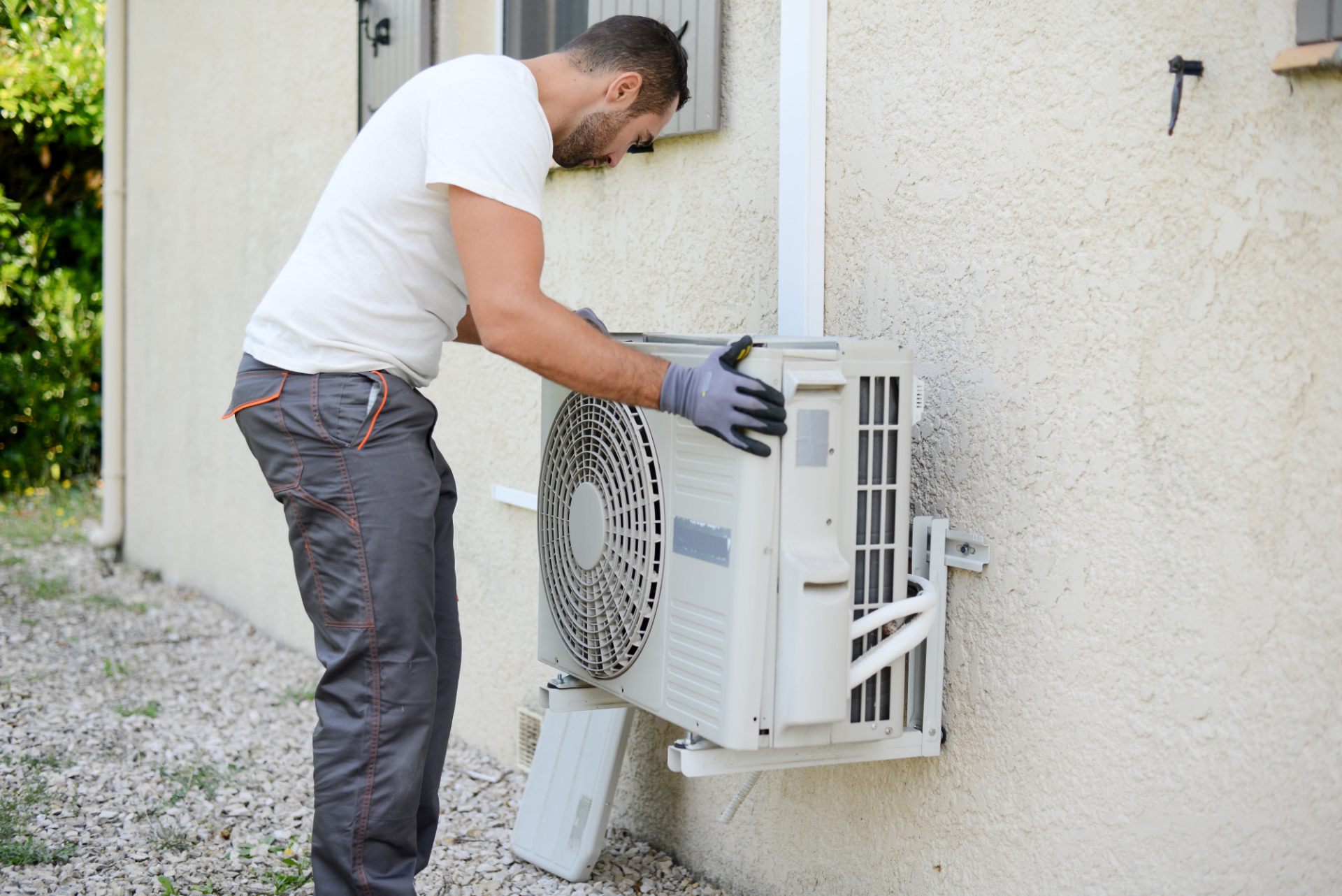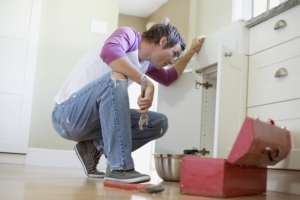You spend about 42% of your annual energy bill heating and cooling your home. The typical annual energy bill for a single-family home is about $2,060.
Unfortunately, small problems can cause your energy costs to rise. If your HVAC unit is working overtime, it will need to use more energy. You could end up draining your accounts on unnecessary energy costs.
Instead, get ahead of the issue. Here are the common AC problems you need to watch out for. By learning how to recognize and fix these problems, you can avoid unnecessary costs.
Asking yourself “what do I do if my AC isn’t working?” Keep reading to find out!
1. Refrigerant Leaks
Your AC refrigerant, or Freon, keeps the air in your air conditioning system cool. Without it, your AC will end up pushing warm throughout your home. You’ll need to make sure your unit has enough Freon to work properly.
Unfortunately, your refrigerant can sometimes leak. The efficiency of your AC unit will decline as a result. In addition to increasing energy costs, Freon is also harmful to the environment.
If you have a minor refrigerant leak, you’ll need to fix the leak and top-up the refrigerant.
For larger issues, however, you might need a new AC unit altogether.
It’s important to avoid overcharging or undercharging the refrigerant. The refrigerant charge needs to match the manufacturer’s exact specifications. Otherwise, your unit won’t function properly.
Not sure how to find the leak? There are a few different techniques you can use to find a refrigerant leak.
For example, you can use the dye test. You’ll need to send fluorescent dye into the HVAC system. Once the dye circulates, it should pour through the leak.
You can then use a detective lamp to determine where the dye leaked from. If you don’t have the time or resources to complete this test, it’s okay. Consider hiring an experienced AC repair company.
They can fix the leak and any other common AC problems you’re experiencing.
2. Water Leaks
Regular maintenance could push the life of your AC unit by over 15 years. Without regular maintenance, however, you might fail to notice issues with your unit. The longer you leave these problems unattended, the more likely a bigger problem will develop.
For example, you’ll need to keep an eye out for any water leaks. Leaks usually develop when the condensate drain gets clogged up. You might have fungi or algae in your system.
Water will start to back up before leaking into your home.
You might also develop a leak if the condensate pump breaks down. In these instances, you’ll need to replace the pump.
You can use a wet or dry vacuum to unclog the condensate pipe. Pour six ounces of vinegar into the drain to kill any algae or fungi as well.
Is your AC unit leaking outside? Make sure to take a look during the hot summer months. You might have a:
• Bad AC seal
• Improper installation issue
• Dry air filter
• Broken condensate pan
First, turn the unit off. Disconnect it from the power supply. Then, call a professional right away.
3. Electric Failure
What do I do if my AC isn’t working? If your unit isn’t turning off, you might have an electric control issue.
When you turn your AC unit on and off, the compression and system fan can start to wear out. The condenser motor, blower motor, and compressor are all connected by wires. Corroded wires or terminals can keep the motor and compressor from working properly.
If the electric control has failed, check the electrical connection first. You might need to call a professional. They can safely make repairs.
4. Dirty Filters
Your AC filter will keep the air in your home free of pollutants like dust and danger. If the air filter is clogged, however, it could restrict airflow. Your AC unit will work double-time to push air through.
Your unit’s efficiency will decline as a result.
Check your filter manufacturer’s recommendation to determine when to change your filter. Otherwise, consider changing it every three months.
If you have pets, consider changing your filter every two months instead.
5. Frozen Evaporator Coils
If the AC unit doesn’t receive enough air for the system to operate properly, your evaporator coil might freeze. The coil could cause the entire unit to freeze and stop working. You might start to notice sheets of ice against the coil.
First, let the evaporator coil defrost. Turn your unit off and disconnect the power.
It might take 24 hours for it to thaw completely.
If the problem persists, call a professional.
6. Fan Failure
Your unit transfers the heat inside of your home using a fan. If the fan outside of your home doesn’t work properly, heat won’t transfer. Your AC’s compressor might overheat.
You might need to replace the entire AC unit as a result.
If the fan stops, turn the system off and look at your system’s wiring. Look for a loose component.
7. Dirty Condenser Coils
As you diagnose these common AC problems, don’t forget to check your condenser coils. If the coils are covered in dirt and grime, they won’t work properly. This issue is common in areas with high amounts of air pollution.
If the condenser coils are dirty, heat can transfer properly. Your unit will have to work harder, increasing wear and tear.
What exactly does your HVAC system’s condenser unit do, exactly? You can find out here: https://www.schneidermechanical.com/what-does-your-hvac-systems-condenser-unit-actually-do/.
8. Clogged Drains
The moisture from your AC unit gets transferred through a drain line. If the drain gets clogged, water could back up, causing damage. Mold could grow as well.
Regular preventative maintenance can help you spot a potential clog.
9. Thermostat Problems
Is your thermostat old and outdated? It might experience calibration issues over time.
Consider updating your thermostat with a newer model. Make sure it’s calibrated properly. Check the instructions to make sure the settings are in order.
Clear the Air: 9 Common AC Problems and How to Fix Them
Don’t let these common AC problems wear your unit out. Instead, keep track of your AC unit’s performance. If you notice any of these issues, you have the know-how you need for a quick fix.
Clear the air and keep things cool with these tips today.
Looking for more helpful guides? We have exactly what you’re looking for.
Explore our latest articles today to learn more.




